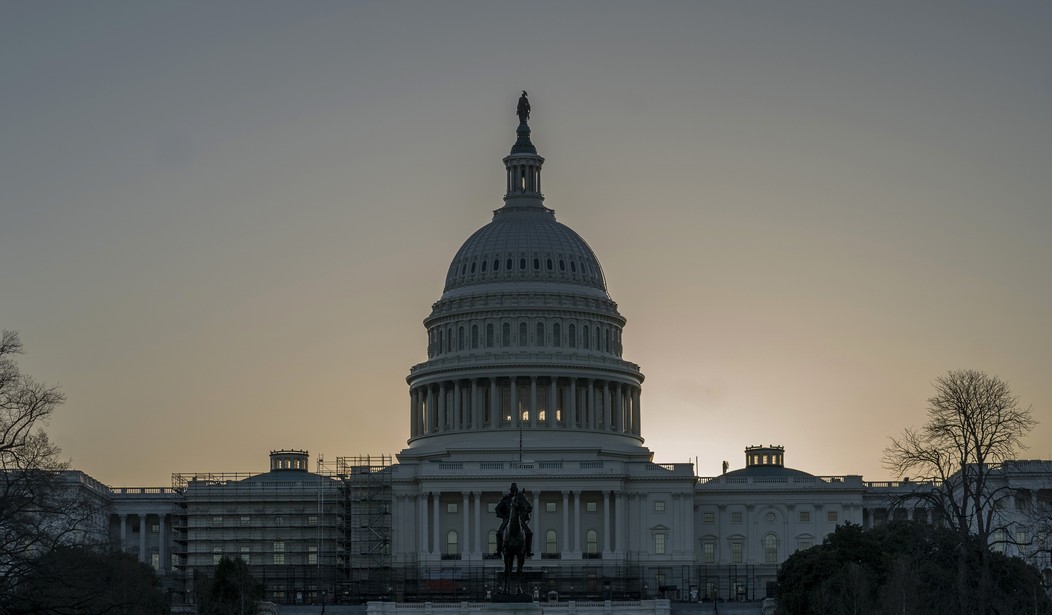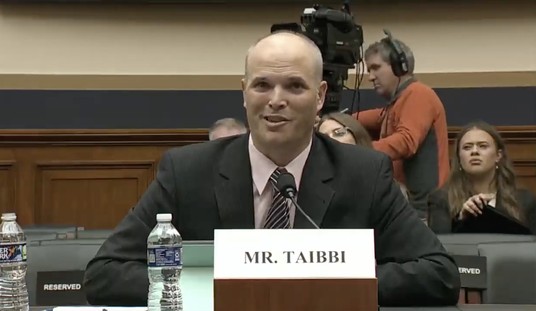Every day, the media runs articles and reports about powerful lobby groups that influence politics or even dictate to governments which legislation they should pass. The battle between mavericks (the good guys), who uncover sinister conspiracies initiated by powerful corporations (the bad guys), frequently the capitalist puppet masters of corrupt politicians, is a common Hollywood trope.
In American election campaigns, it is widely accepted that if you want to become president, you will only succeed if you can raise billions of dollars in donations -– from Wall Street, powerful pharmaceutical and defense companies, the weapons lobby, from very large unions and other special interest groups.
And that is not all: Critics of “social inequality” claim that the problem is getting worse and that the influence exerted by the rich on politics is growing with rising inequality. Noam Chomsky writes that “the real concentration of power is in a fraction of 1 percent” of the population: “They get exactly what they want, because they’re basically running the place.”
But if money alone bought political power, Donald Trump would never have become the Republican candidate for the U.S. presidency in 2016. That honor would more likely have gone to Jeb Bush, who was able to raise far more in political donations. Even Benjamin I. Page and Martin Gilens, political scientists and two of the most prominent proponents of the thesis that U.S. politics is determined by the rich, concede that most of the big-money contributors – and most Republican think-tankers and officeholders – supported other candidates. And: “Trump’s positions went directly contrary to the views of wealthy donors and wealthy Americans generally.”
Recommended
Furthermore, if money had determined political outcomes, Trump would not have won the 2016 election. Clinton and her allies, including her joint committees with the Democratic Party and the super PACs that supported her, raised more than $1.2 billion for the full cycle, according to the Federal Election Commission. Trump and his allies collected about $600 million. Not one CEO in the Fortune 100 donated to Trump’s election campaign by September 2016.
If money alone could buy political power, then Joe Biden would not have become president. Perhaps the White House would have gone to Michael Bloomberg, who at the time of his application for the Democratic candidacy was the eighth richest man in the world, worth $61.9 billion according to Forbes. In all likelihood, Bloomberg spent more of his own money (and spent it quicker) on his election campaign than any other candidate in history, about $1 billion in just over three months. Bloomberg financed his campaign himself and did not accept any donations.
Bloomberg is by no means the only candidate whose wealth did not help him realize his political ambitions. In 2020, billionaire hedge fund manager Tom Steyer put up $200 million of his fortune without a single delegate. In the 2008 GOP primaries, Mitt Romney spent more than twice as much as John McCain – much of which was his own money – but he dropped out of the race in February, and McCain went on to secure the Republican nomination.
Critics of capitalism have always portrayed the Koch brothers as among the most dangerous pro-capitalists on the planet, but David Koch learned just how hard it is to turn money into political power back in 1980 when he was one of the main supporters of the Libertarian Party and threw his hat into the ring as a candidate for vice president. He earned just 1 percent of the vote.
In his book Unequal Democracy, Larry M. Bartels criticizes inequality and the influence of the wealthy in the United States. He examines the estimated effect of unequal campaign spending in 16 U.S. presidential elections from 1952 to 2012, concluding that Republican candidates outspent their Democratic opponents in 13 of those elections. But in only two elections, namely that of Richard Nixon in 1968 and George W. Bush in 2000, does Bartels conclude that Republican candidates won close elections that they very likely would have lost had they been unable to outspend their Democratic opponents.
There has been a great deal of research into the relationship between American congressmen's wealth and voting behavior. Martin Gilens, who generally criticizes the influence of the rich on U.S. politics, concedes on this issue that there is no evidence of a connection between their wealth and the political decisions made by members of Congress or the House of Representatives: “…the substantial existing differences in economic status among members of Congress are not related to broad patterns of voting on economic policy.”
Rainer Zitelmann, is a German historian and sociologist and author of the book In Defense of Capitalism.

























Join the conversation as a VIP Member